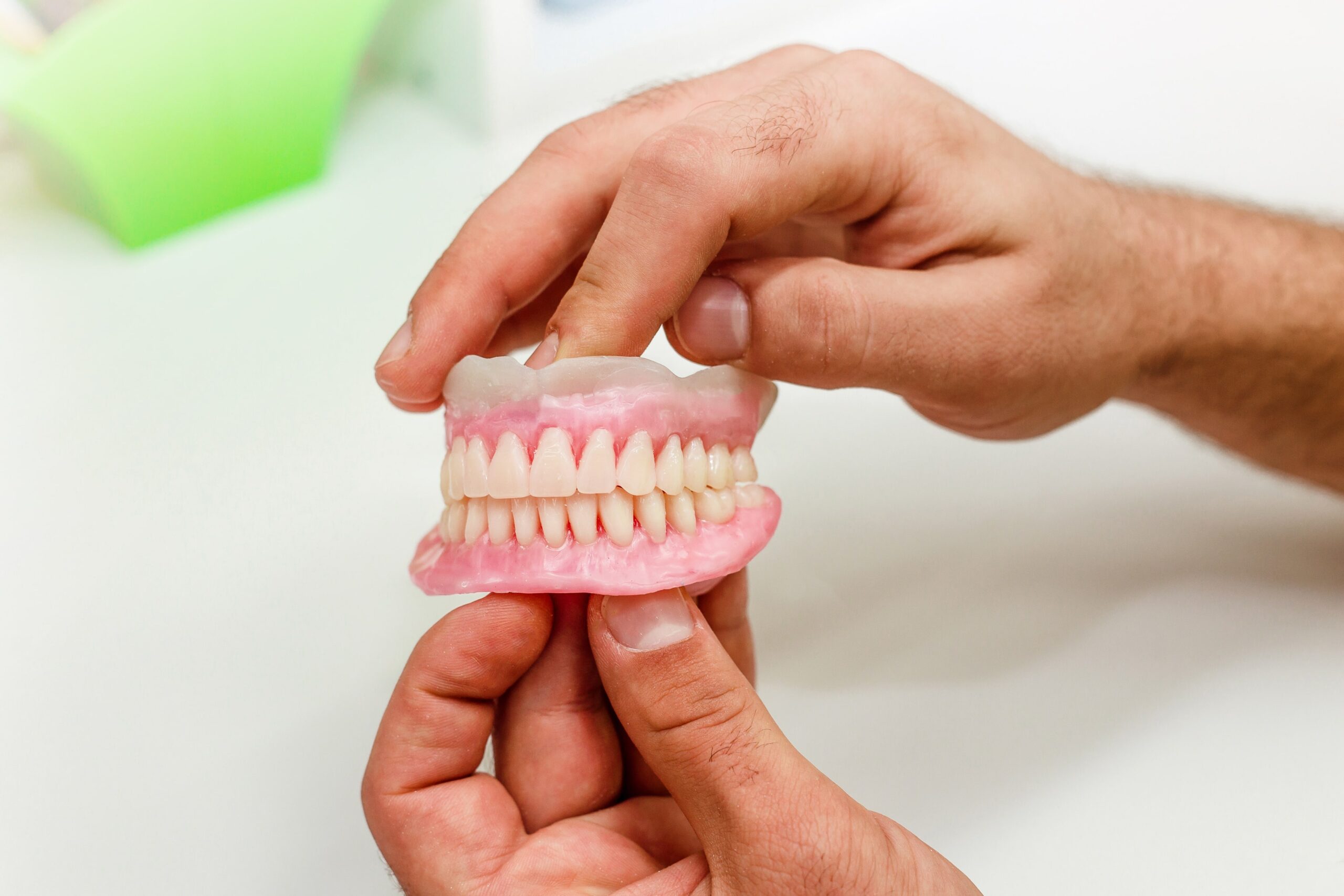What are the contraindications to dental bone grafting?
Bone Grafting for Your Dental Implants
If you are a dental patient and need a dental implant, it's important to remember that it's perfectly normal for a dentist to recommend a bone graft. This is a common, painless, and often necessary procedure when insufficient natural bone exists to support dental implants. However, bone grafting may be contraindicated in some patients, leading the dentist to explore alternative options.
Contraindications to Dental Bone Grafting
Absolute Contraindications
Absolute contraindications are crucial considerations before bone grafting. While rare, these indicate situations where the procedure poses significant health risks. Uncontrolled systemic infections, severe blood clotting disorders, or unstabilized autoimmune diseases are examples. Similarly, patients with certain cancers, especially those affecting bone tissue, may not be suitable candidates. A thorough assessment of the patient's overall health and medical history is essential to determine the feasibility and safety of a bone graft.
Relative Contraindications
Relative contraindications involve a careful risk-benefit assessment. Unlike absolute contraindications, where bone grafting is strongly discouraged, relative contraindications require evaluating individual factors. Conditions such as diabetes, moderate osteoporosis, or localized infections fall into this category. The decision to proceed often depends on the condition's severity and the patient's ability to manage associated risks. Healthcare professionals and patients must collaboratively weigh these factors to determine if bone grafting is a viable option while minimizing potential complications.
Contraindications of dental bone grafts: poor oral hygiene.
Without proper oral hygiene, neither bone grafting nor subsequent implantology is recommended. Dental bone grafting carries risks: uncontrolled bacteria can damage implants, necessitating removal. Therefore, if considering implants, diligent oral hygiene and regular dental appointments are crucial.

Can I have a dental bone graft if I have periodontal disease?
Untreated periodontal disease precludes bone grafting and dental implants. Periodontal bacteria cause tooth loss and bone loss around implants, leading to implant failure. The risk of swelling or graft rejection is significantly increased. Regular appointments to address periodontal disease are essential for patients with implants or needing bone grafts.
Therefore, if you have dental implants or need a dental bone graft and periodontal disease has been diagnosed, it is very important to never forget to attend your appointments to treat all bacteria.
EXPRESS QUOTE
You would like to have more information
Your health, our priority.
Request your free quote
Contraindications of dental bone grafts: smoking, alcoholism and drug addiction
Tobacco reduces blood flow to the bone and gums, delaying healing and increasing infection risk. Quitting smoking is strongly advised before bone grafting. Similarly, alcoholism, drug addiction, or psychosis can hinder adherence to post-operative instructions, making bone grafting inadvisable.
What diseases can be contraindications to bone grafting?
Uncontrolled diabetes can impair osseointegration (bone-implant bonding). Osteoporosis increases fracture risk, while untreated clotting disorders raise bleeding risks. Immunocompromised patients (e.g., HIV, chemotherapy, radiotherapy) may experience healing problems due to weakened immune responses. Patients on intravenous bisphosphonate chemotherapy should consult an oncologist due to the high risk of osteonecrosis of the jaws. Titanium allergies can also cause serious complications, though alternative implant materials exist.
If I am pregnant, can I have a dental bone graft?
Bone grafting and implant placement are postponed until after pregnancy to avoid complications for the baby and mother, and because X-rays are generally avoided during pregnancy.
Other contraindications to dental bone grafting
Jawbone cysts or infections pose risks and contraindicate bone grafting until treated and healed. Appropriate management of underlying conditions is vital to becoming a suitable candidate for bone grafting. Always consult your doctor before bone grafting to avoid complications.